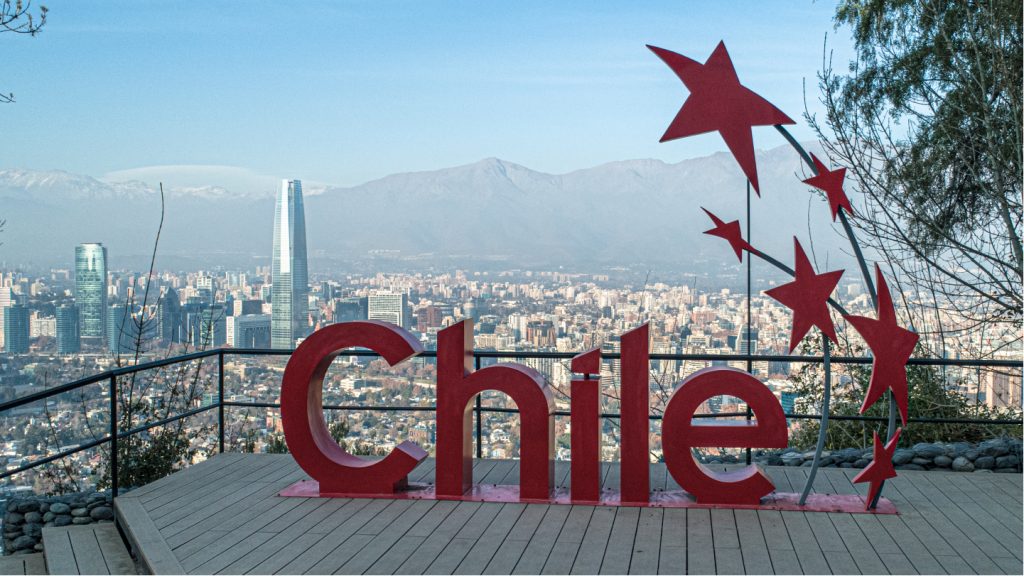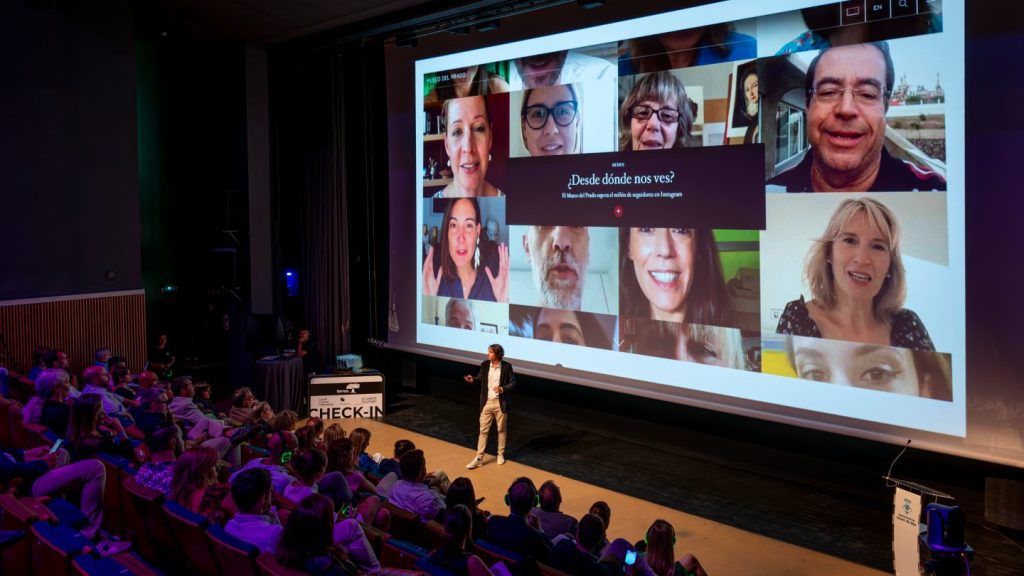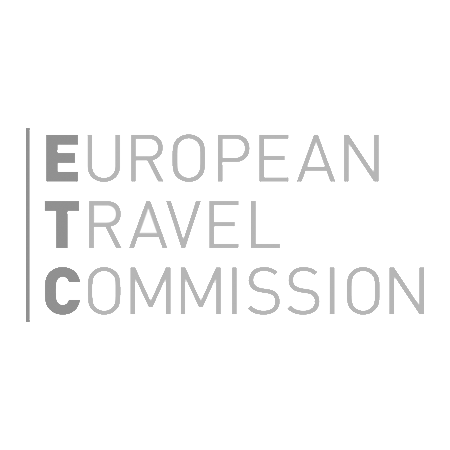Every year, the CIFFT Circuit travels the world through 14 stages in 4 continents to recognize excellence in promoting destinations through audiovisual content, culminating at the “World’s Best Tourism Film Awards” in Vienna, Austria. CIFFT is unique and recognized as the most comprehensive competition for the Travel Video Marketing Industry.
On the occasion of the 8th International Festival of Tourism Films, “Festival des Festivals”, in Vienna, in 1989, along with the Filmservice International, an Austrian initiative chaired by Rudolf Kammel, the International Committee of Tourism Film Festivals (CIFFT - Comité International des Festivals du Film Touristique) was founded. The major tourism film festivals in Europe immediately joined the committee (Berlin, Karlovy Vary, Montecatini, Porec, Trouville, Vienna).
After 30 years, CIFFT grew from six festivals to fourteen festivals: New York (USA), Cannes (France), Berlin (Germany), Vienna (Austria), Zagreb (Croatia), Warsaw (Poland), Riga (Latvia), Kyoto (Japan), Tortosa (Spain), Aveiro (Portugal), Amorgos (Greece), Veliko Gradiste (Serbia), Cappadocia (Turkey), and Cape Town (South Africa).
The evolution of CIFFT can be seen not only in the increase in the number of festivals but mainly in the diversity of cultures involved, which generates a very attractive group of venues for the CIFFT Circuit.
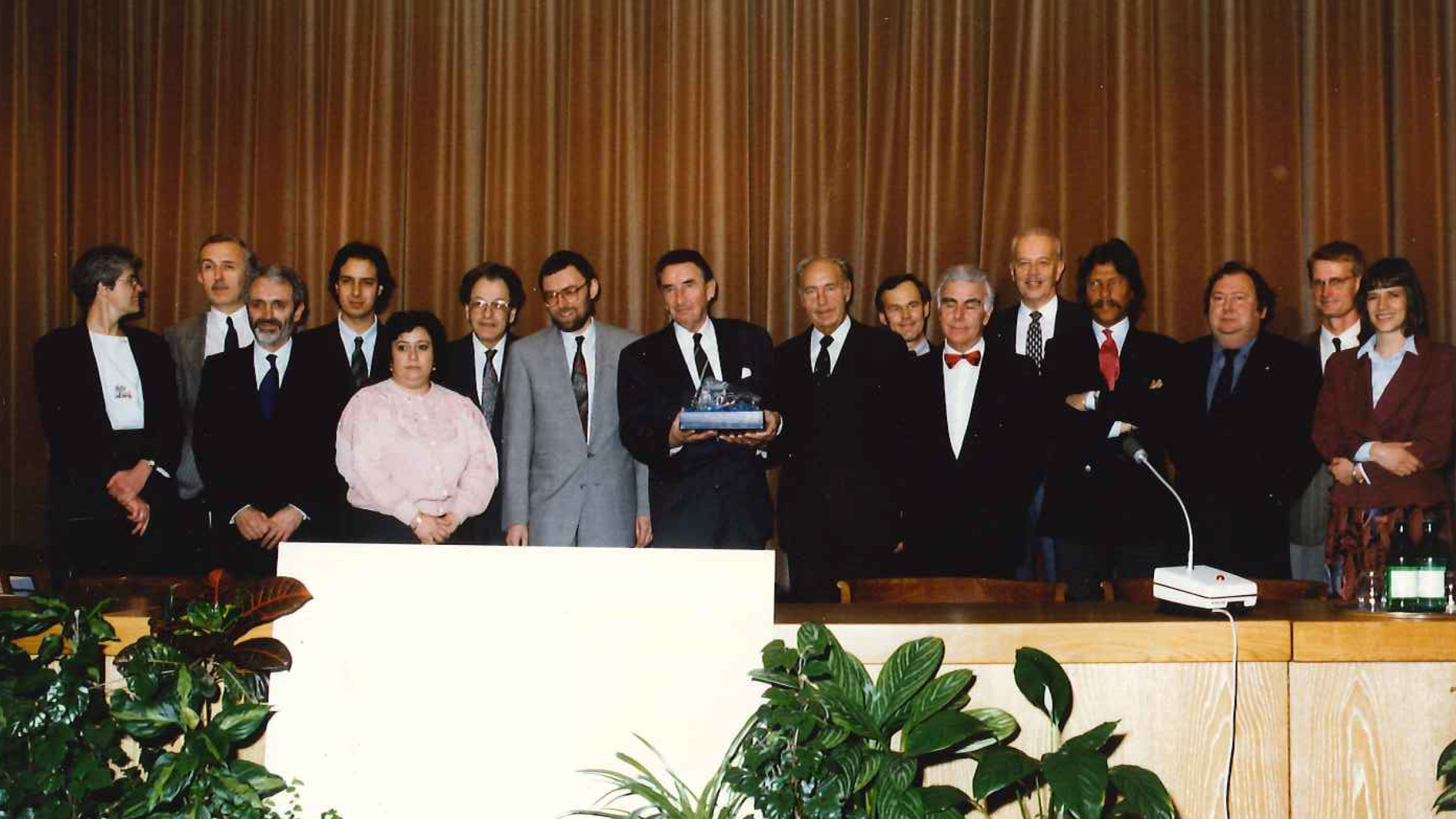
CIFFT General Assembly. Vienna, 1990.
From Cinema to Global Digitalization
The end of the nineteenth century marks the beginning of an era that will change forever the way to entertain, communicate, educate and reach a specific audience.
The invention of “Magic Lanterns” (Phenakistoscope and Zoetrope) used to represent images drawn in a short time and repetitively changed everything. The Praxinoscope by Émil Reynaud, much like the Zoetrope, put the images on strips of celluloid (instead of the discs used by all previous devices). As a result, the whole series of inventions, additions and improvements of inventions followed, allow motion photographic images to be filmed by Louis Le Prince in a two-seconds filmstrip.
The first Short films appeared in 1912, created by D.W. Griffith. Then, in 1913 the first epic film (Quo Vadis) was created by Enrico Guazzoni. In the 1930s, television could be seen in 22 public rooms in Germany. One of the first major television broadcasts was the 1936 Berlin Olympics. But we have to wait until World War II (1941) to see the first TV commercial, a 10-second spot, which kicked off an industry that would generate tens of billions of dollars per year.
In this rush of innovation, the world did not stop and, the first personal computer was created in 1981, and in 1983, the first generation of mobile phones. In 1990 the highway of information - the World Wide Web. In 1991 the first mobile phone with 2G network and in 2007, Apple introduced the device that changed our lives and the advertising market forever - the iPhone, which was the first smartphone, in a format that changed the appearance of most mobile phones, being the first device to present the multi-touch screen.
In addition, the massive use of smartphones enabled the development of new high-speed mobile internet, making it possible to stream video in real-time and videoconference with the help of new front-facing camera equipment near the viewfinder.
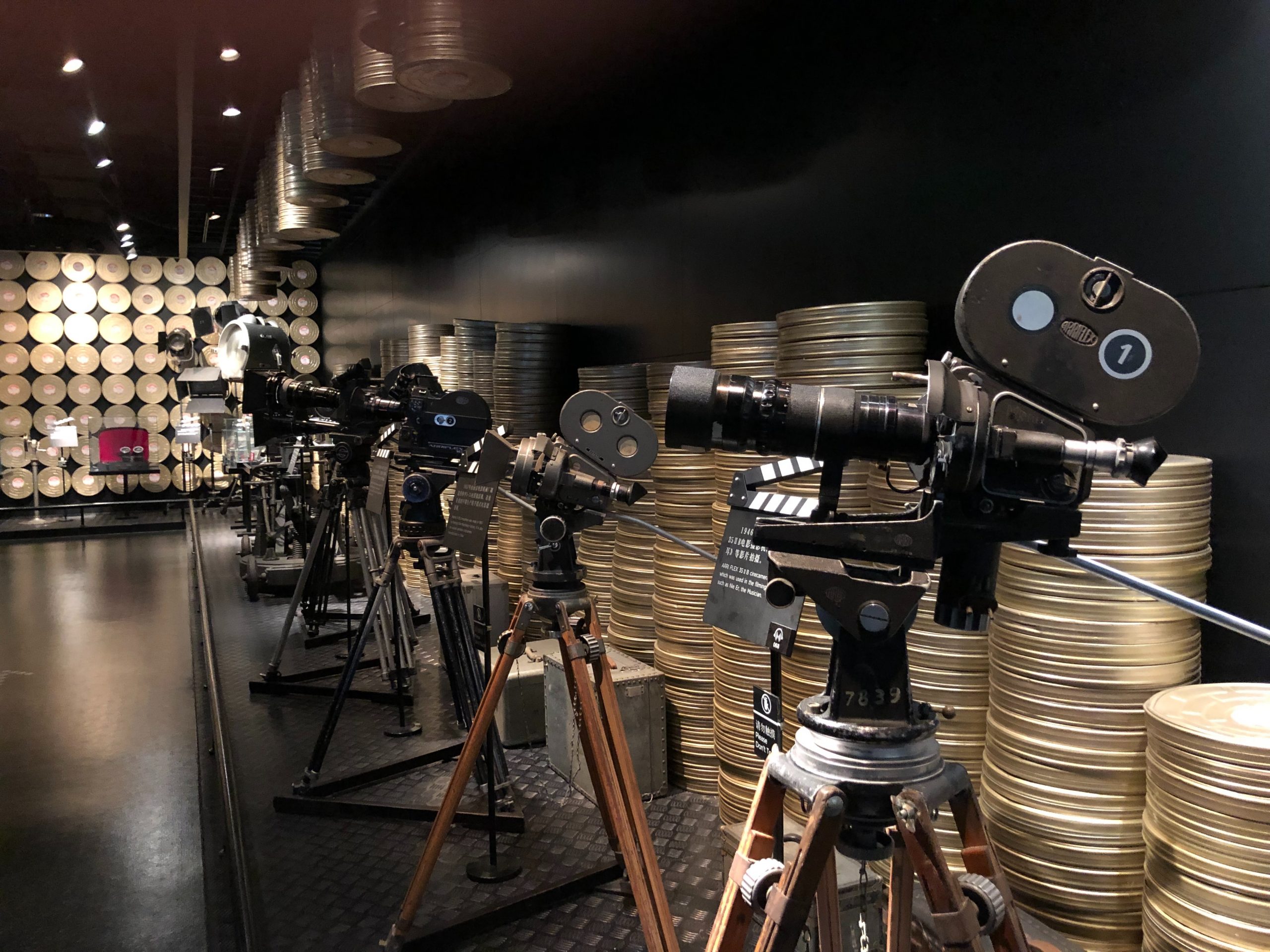
Importance of Video for Tourism Destination Marketing
“Video is impactful. One minute of video has the same value and impact as 1.8 million words, according to Dr. James McQuivey of Forrester Research.”
Statistics show that video is one of the most important tools for tourism marketing. YouTube is the most used site for travel videos. A whopping 79% of users are looking at personal travel options. In a Google search, 66% of people reported watching videos online while thinking about taking a trip. 64% of respondents used the online video to help them choose a destination, and 57% watched the video to help them choose accommodations for their trip. According to the report, travellers watch a combination of professionally made videos and user-uploaded videos. Still, the preferred source of video (62%) is from corporate industries such as hotels, airlines, cruises, tours, etc., this is not the best part: of travelers who reported watching online videos. In contrast, planning, 45% of leisure travellers and 72% of business travellers said they made reservations as a direct result.
The video involves and unites people in an experience, whether in the all-encompassing, 360-degree virtual reality or just straight TV. In travel marketing and promotion, this type of transportive capability is particularly powerful.
Anyone can learn facts and see photos of a place with an easy search on Google, or through various materials like brochures or catalogues, but video sells an experience, and the best videos capture the experience and the essence of a place, also creating an experience for the viewer.
According to Chris Torres, from travel Marketing Agency, “In travel, you are selling an experience, an emotion and a feeling. Film and video marketing create a faster emotional connection than any other channel.”
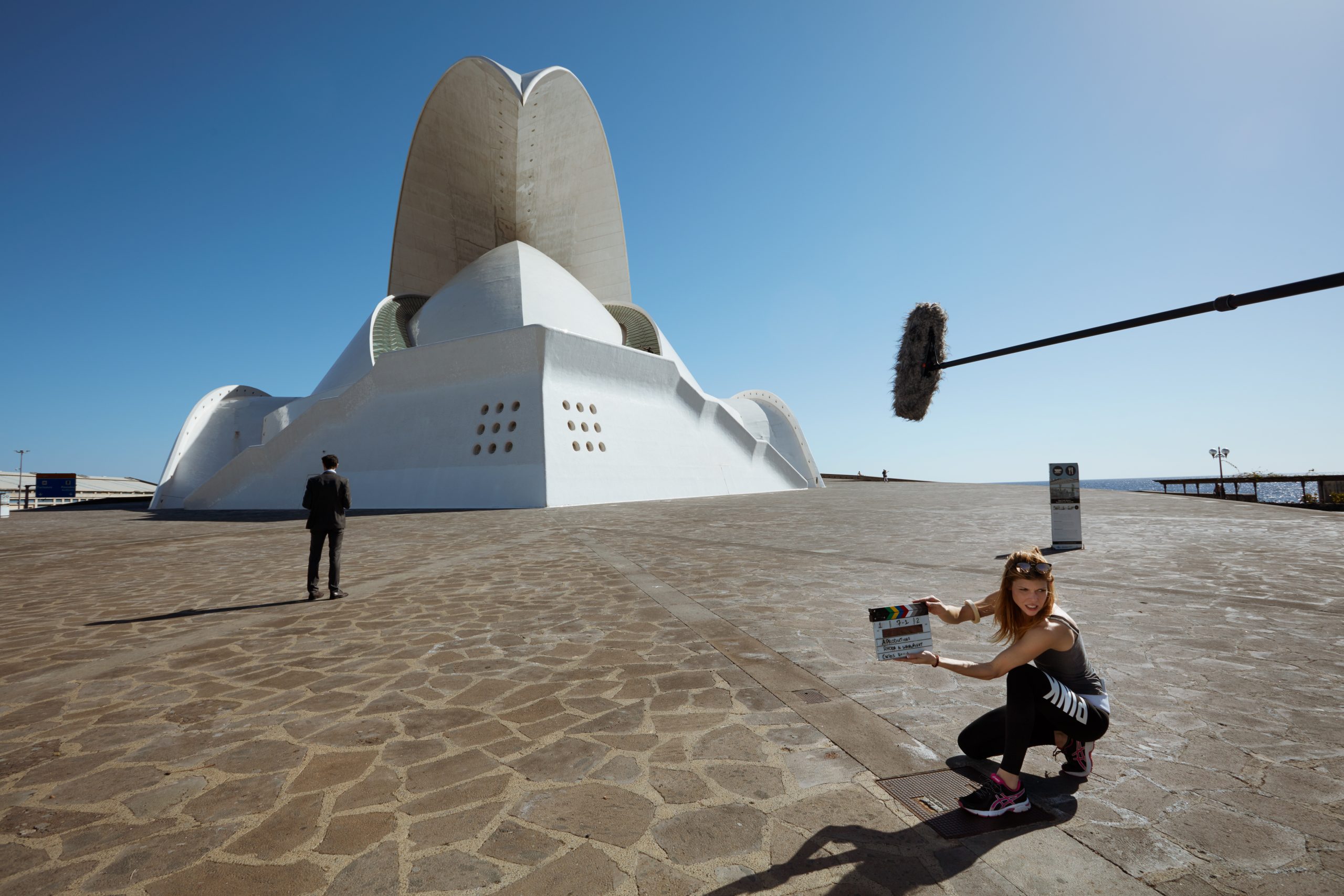
"Where? Tenerife", by Tenerife Film Commission.
Tourism Film Festivals
According to the European Audiovisual Observatory, “The audiovisual sector is one of the fastest-growing areas of the European economy and a leading global market”.
The latest statistics show that 86% of businesses use video as a marketing tool. 93% of marketers who use video say that it’s an essential part of their marketing strategy. 84% of people say that they’ve been convinced to buy a product or service by watching a brand’s video (Wyzowl, 2021).
Festivals are a vital link in the chain of global audiovisual culture and are ideal venues for meetings between professionals who share the same affinities. Other advantages of festivals are that they allow you to present creative work and discuss topics shown in the videos, as well as the filming and creative process, by including people in the discussion. Festivals are also excellent platforms where anyone can analyze strategies and create new ideas for future projects.
Tourism Film Festivals are events to target a specific unique market segment. There are various advantages of these niche events. One benefit of this niche market is that there is no or little competition. The CIFFT Circuit is virtually the market leader, and each of its members has the same status in their countries and worldwide.
Another of the advantages is that even being a niche market does not mean that it is small but involves specific target audiences with a specialized offer. Nowadays, niche events with solid cultural ties are perceived as an opportunity to trigger local action programs with multiple objectivities such as attracting visitors, promoting the destination, boosting local economies, strengthening the collective identity, among others, with the main aim of creating a distinctive brand identity through the integration of all external and internal forces (such as local actors).
According to Jago (2002), it is necessary to be attentive to 5 factors that can positively contribute to reaching this mark. These five factors are: Being supported by the local community. - Create insight between the event and the city environment: such as regional characteristics and historical features. - Guarantee Positive media coverage: Perception of the destination and awakening interest abroad. - Components of the event that reinforce desire: Symbolic value. - Have unique and innovative features.
The events that make an exceptional brand are those that achieve a consolidation of the brand or destination, which creates distinctive features. Therefore it has the ability to promote the destination, help create tourist flows, ends up giving credit to the destination, giving solidity to the destination’s image, involve the community through their support, gets the media to provide good coverage and encourage the creation of new opportunities for other existing events.
In one of the studies elaborated by Jago (2002), a series of issues that play an essential role in the use of events for the consolidation of a distinctive Brand or destination is highlighted. The two most frequent and important issues are: The support of the local community as a basic need and the perception of a good strategy that contextualize the culture with the destination, giving rise to themes that relate to smaller events, in order to contribute to the help of its resources and social capital for the creation of a distinctive regional brand.
In 1997, Getz; Crompton and McKay; (JAGO, 2002) reported that the contribution of local residents and the involvement of local communities end up dictating the success of many events. The local community is seen as the advocate of events and, in turn, of the image given to the destination brand. In this way, the existence of a brand is instilled whose success of the event engages with the locals. If the local community identifies and feels integrated into the event, their support is seen as a positive impact on how their visitors witness the destination and the event itself.
All the CIFFT member festivals are multicultural and multifaceted, including exhibitions, shows and all kinds of initiatives that allow the various Arts to be a noble vehicle for tourist promotion.
But Festivals are not only a vehicle that makes art the currency of exchange. In its essence, more objective, these events recognize and reward the excellence in promoting destinations and product services through video.
Annually, tourism destinations, products and services worldwide contract production companies, agencies, freelancers to create video content for their tourism marketing strategy. And the best place to get recognition among our peers is the Tourism Film Festivals.
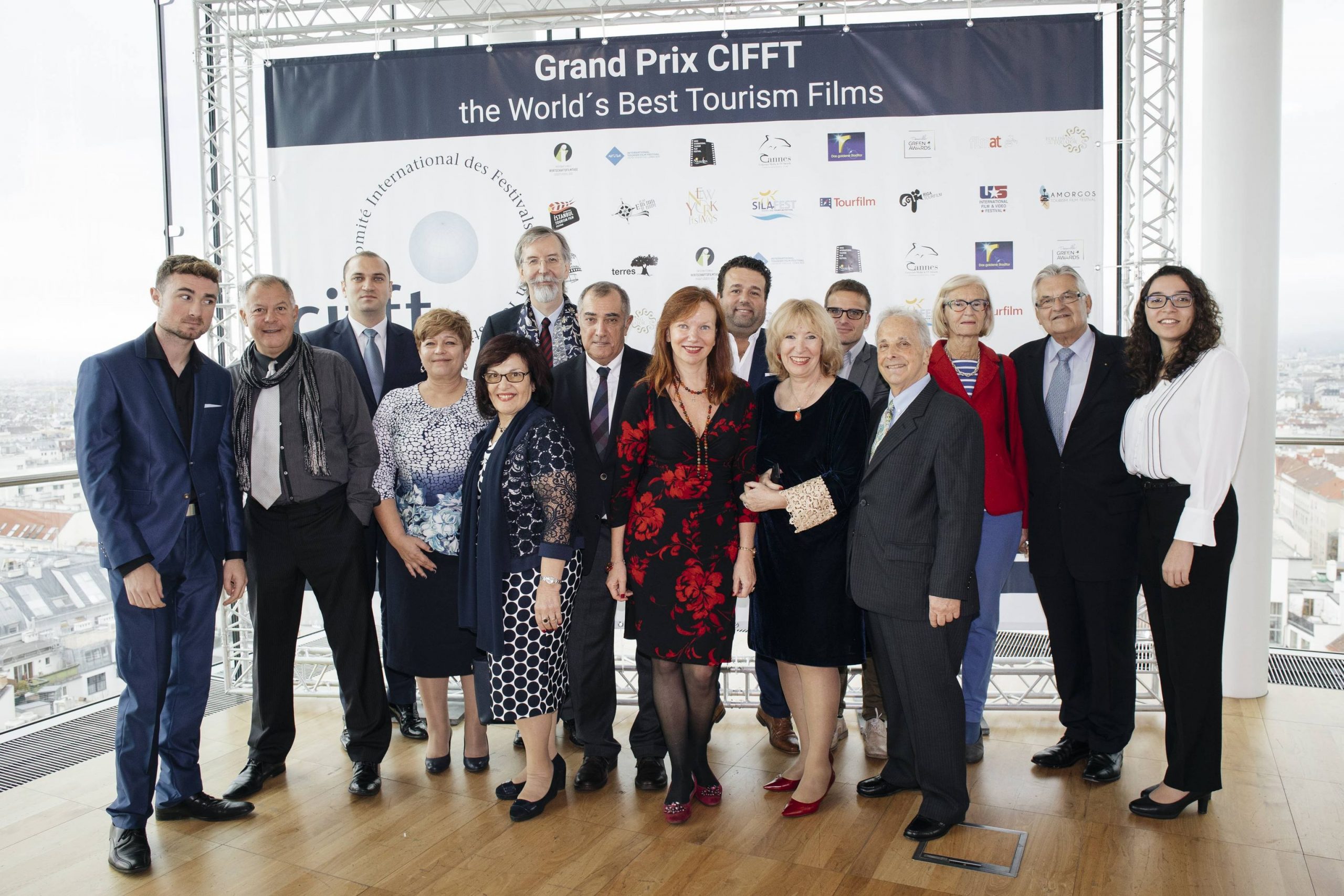
Grand Prix CIFFT Circuit. Vienna, 2018.
Why is Winning Awards at the CIFFT Circuit Festivals so important?
An award by itself is already good, but in the entertainment industry is even more important. Winning an award at one of the CIFFT Circuit Festivals means that the video is worthy of attention. But, more importantly, it will make everyone emotionally involved with the film generate new content to get the attention of that award.
But also, get additional benefits of becoming an award-winning:
- Reputable Blind Judging - Each year, more than 100 reputable international jurors judge your work.
- Lifetime Recognition - Lifetime winners pages displayed on the CIFFT website.
- Affordable Entry Fee - The World’s Best Tourism Film Awards circuit keeps entry fees low to encourage everyone’s participation.
- Prestige & Honor - Winning at the World’s Best Tourism Film Awards is a great achievement that brings fame, prestige and recognition.
- Top-Notch Benchmarking Platform - Winning an award is a unique opportunity to showcase your ability to create and bet on great ideas and see your work as a source of best practices for everyone to be inspired and learn from.
- Get International - Tourism brands can reach new international audiences, customers or press members.
- Increased Visibility - Winners get enough exposure to increase visibility. More news means more business opportunities.
Another advantage is to enter the WBTF Ranking. Winning an award at one of the CIFFT Circuit festivals allows the video to earn points and enter the ranking list that qualifies for the title of World’s Best Tourism Film in one of the six available categories: Tourism Destination Cities, Regions, Countries, Tourism Products, Tourism Services and Independent Travel Videos.
The CIFFT Ranking List is the leading global resource for benchmarking creativity and effectiveness. It is a ranking of videos of the world’s most awarded tourism destinations, products or services in terms of creativity.
As we can see, the awards play a significant role in increasing new audiences, clients or encouraging creative evolution towards the development of new content. This makes life more beautiful and fun because we will have access to more creative content daily, with better quality. When the stories are good, smiling will be an easy task.
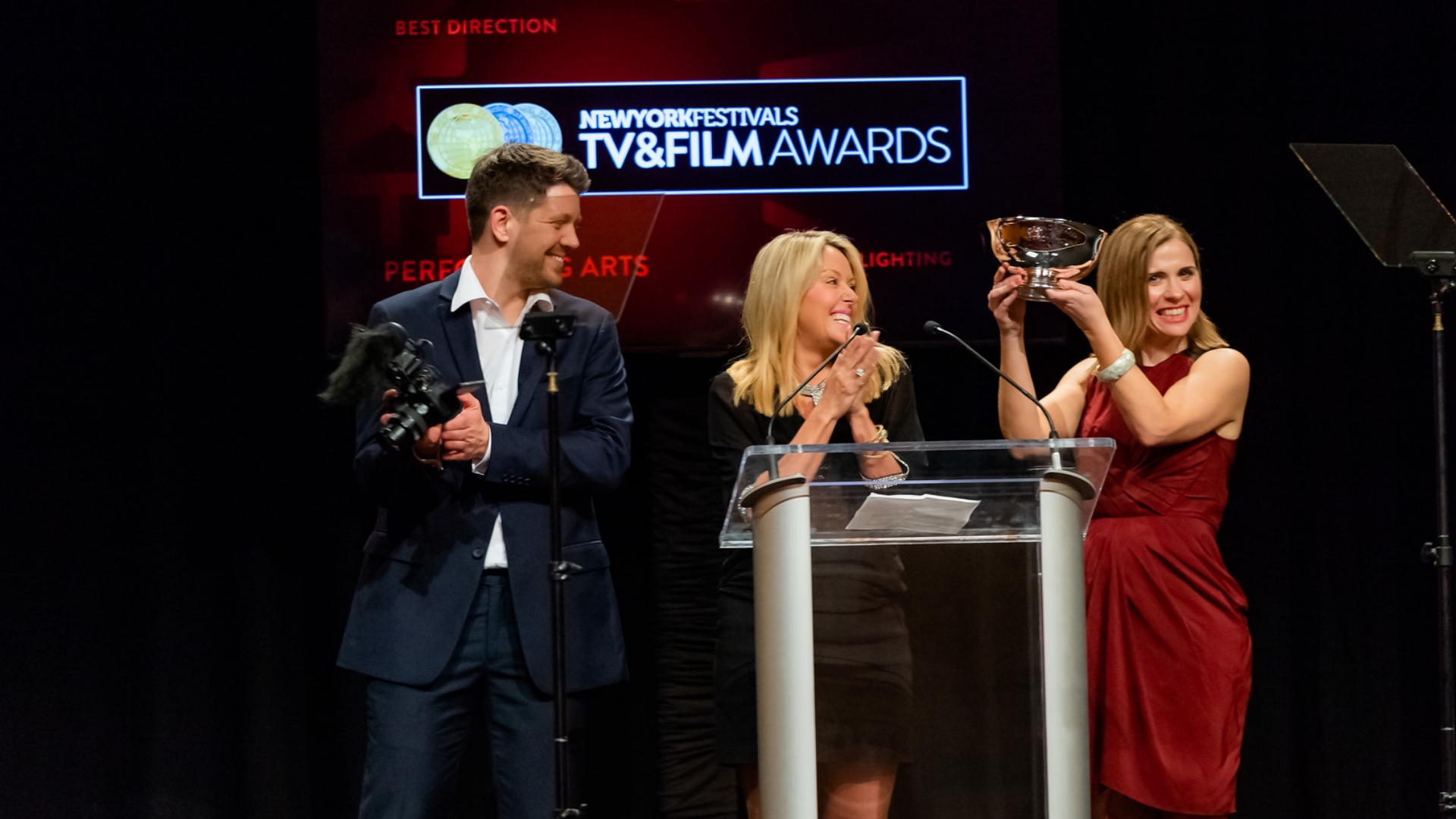
New York Festivals TV & Film Awards, CIFFT member since 1990.
References:
Cinema: An International History of Film, 2002-2017 Matthew Hunt
“Digital Transformation Initiative: Aviation, Travel and Tourism Industry,” World Economic Forum and Accenture, January 2017.
JAGO, L.; DEERY, M.; HARRIS, R.; HEDE, ANNE-MARIE; ALLEN, J. - The Role of Events in Helping to Brand a Destination. In EVENTS AND PLACE MAKING PROCEEDINGS OF INTERNATIONAL EVENT RESEARCH CONFERENCE, University of Technology, Australian Centre for Event Management, Sydney, P.111-143, 2002.
JAGO, L.; DEERY, M.; HARRIS, R.; HEDE, ANNE-MARIE; ALLEN, J. - The Role Of Events In Helping To Brand A Destination. In Events And Place Making Proceedings Of International Event Research Conference, Australian Centre For Event Management, Sydney, P.111-143, 2002.
“The Millennial – Travel Trends of the Largest Generation,” Travel Professional News, July 2017.
“Video: Adobe and MGM Resorts On The Future of Personalization and Digital Transformation,” Skift, October 2017.
Wyzowl (2021). The State of Video Marketing 2021.



